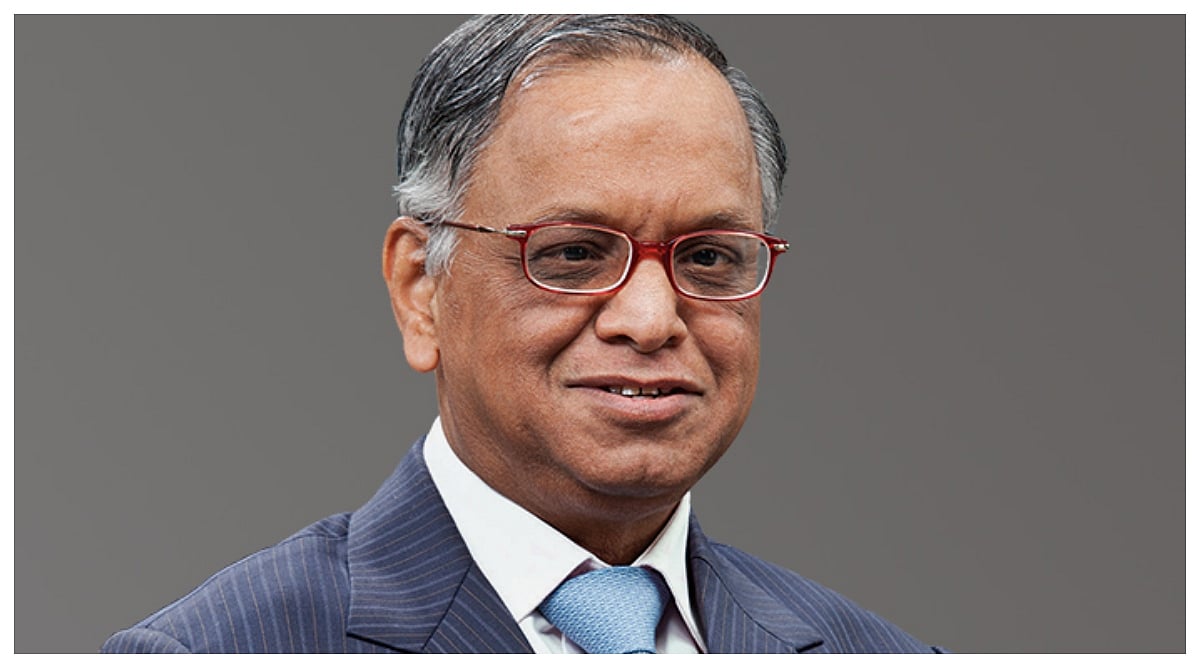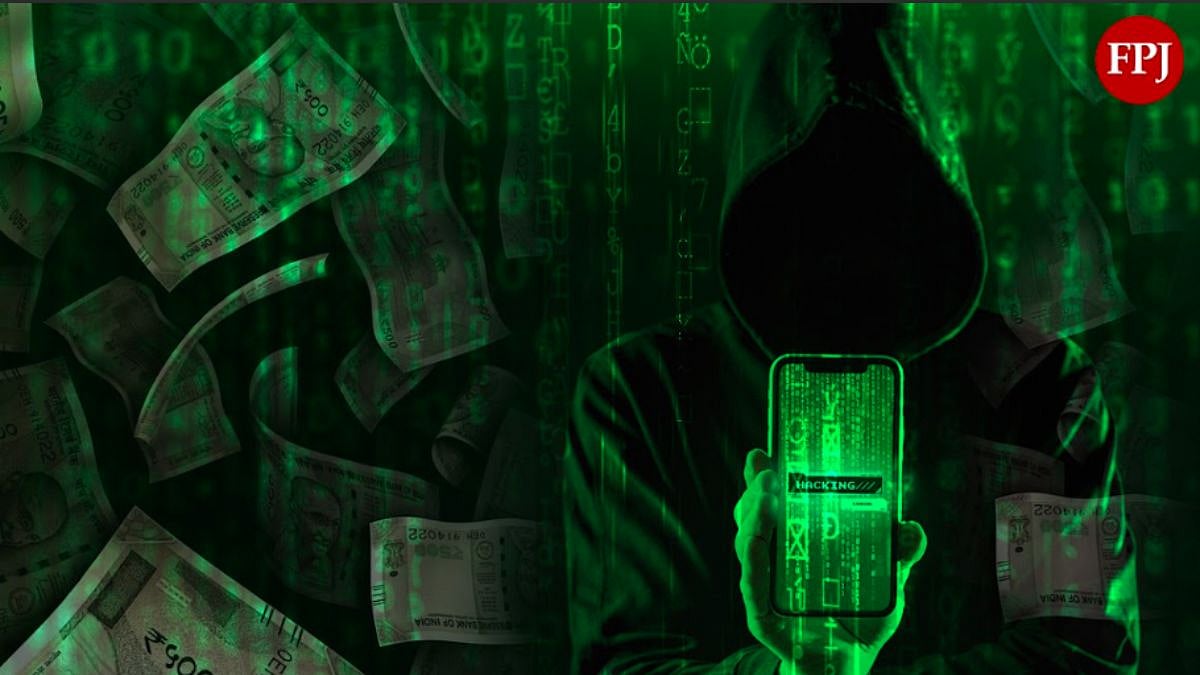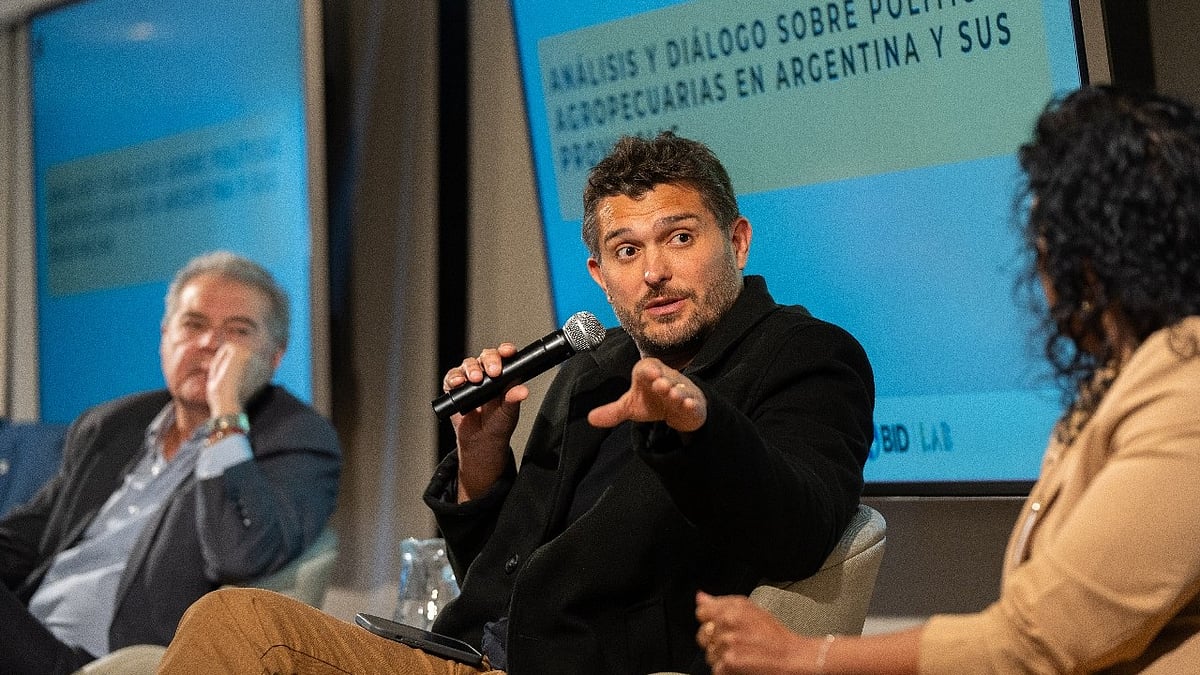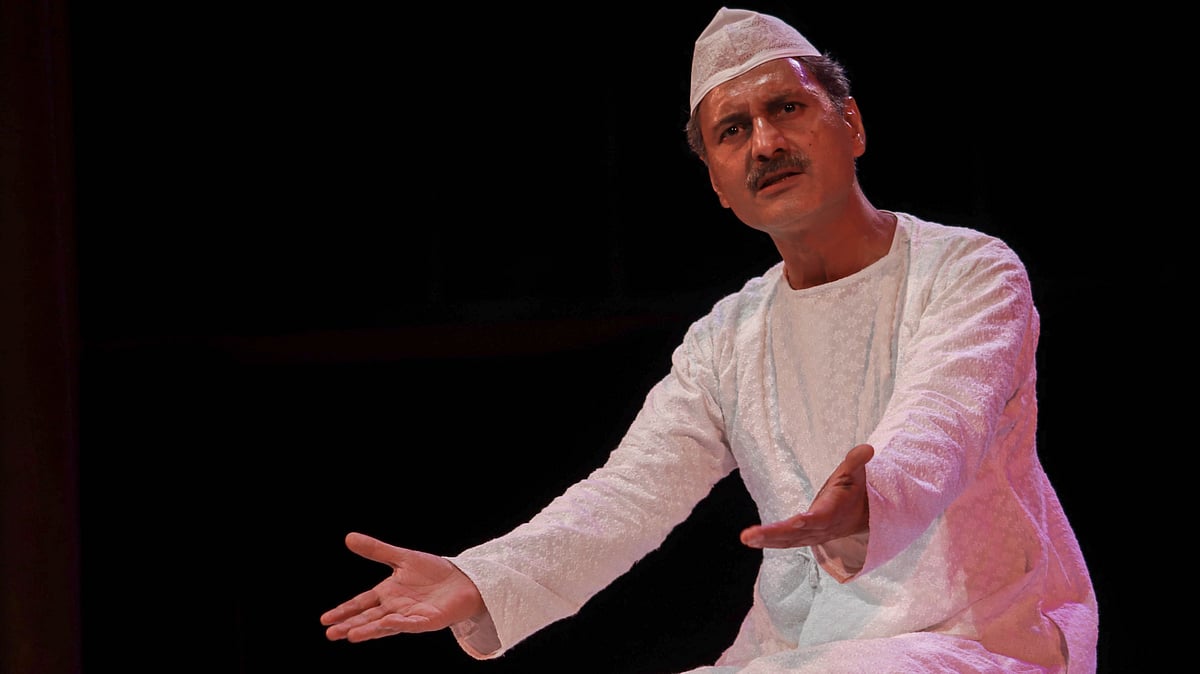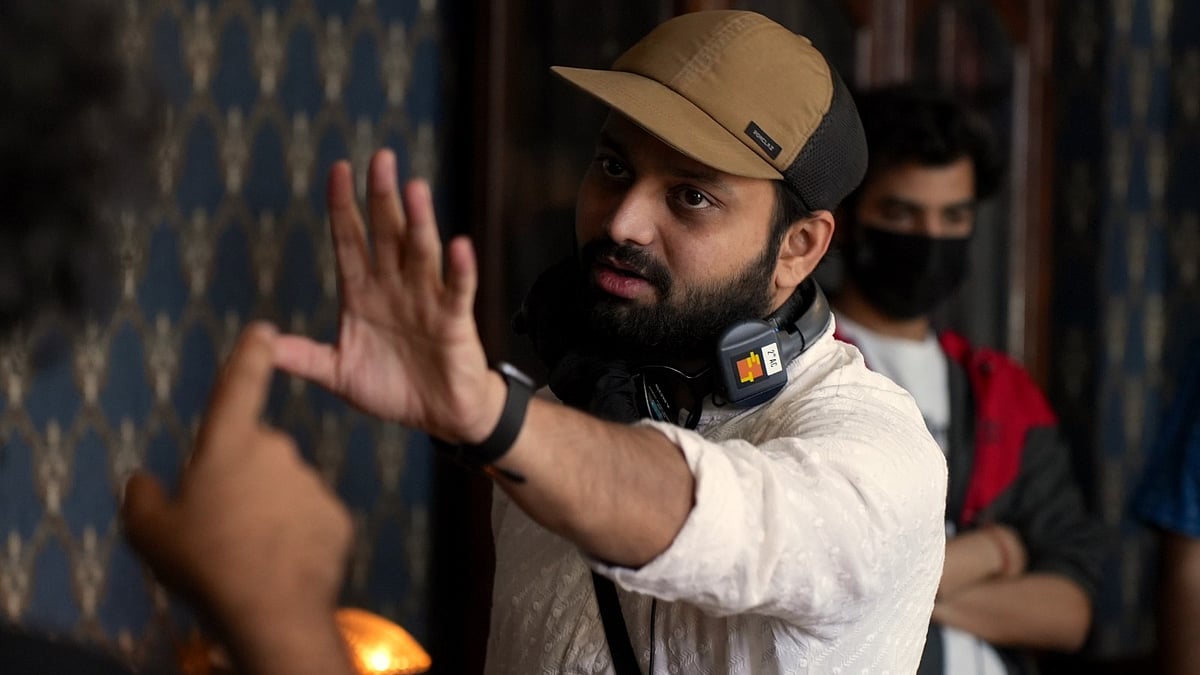Back in 2018, the Supreme Court had requested the Centre to frame a set of guidelines to eliminate internet content related to crime against women and children specifically that were being rampantly uploaded on social media platforms and other applications.
In response, last year, an ad-hoc committee of the Rajya Sabha headed by Jairam Ramesh sent its report after studying the alarming issue of pornography on social media and its effect on children and society as a whole and recommended enabling identification of the first originator of such contents. The government, in order to combat the issues of the digital ecosystem, brought video streaming over-the-top (OTT) platforms under the ambit of the Ministry of Information and Broadcasting.
And that’s where it all began.
The Government of India has introduced the new Information Technology (Intermediary Guidelines and Digital Media Ethics Code) Rules 2021, commonly termed as the new IT Rules 2021 in February.
Why are we discussing it now?
The new set of rules now wants social media platforms that have over 50 lakh registered users including Facebook, Twitter, WhatsApp and Instagram to follow additional alertness in their operations. And to comply with the law, the companies were given a window till the end of May. Now that the deadline is over and most of the companies haven’t complied yet, there is a huge furore on the internet.
So, what’s the law about?
The new law will supersede the Information Technology (Intermediary Guidelines) Rules, 2011. All the social media platforms mentioned above will be required to remove unlawful content within a specific time, appoint officers for grievance redressal and create an approach where it will be easy to track where a message or post originated from.

Is there anything wrong with it?
Well, the new Act has defined the social media companies and there are two categories as per their registered user size -- social media intermediaries and significant social media intermediaries. The latter are the big guys in the field.
Earlier, the social media platforms were mere hosts of content and had immunity against any legal action if any user posted anything unlawful. Not anymore. The government will now flag off content and the onus is on the intermediaries to get those content removed.
“With the rise of problematic content, there is a need to regulate the internet. However, the new IT rules will impact freedom of speech and privacy of users, due to being overbroad in nature and being implemented without adequate checks and balances in place. Provisions on originator traceability, stringent timelines for takedown, AI enabled proactive monitoring, personal liability of compliance officers and user verification will impact the internet ecosystem in India. While the platforms should endeavor to comply in public interest, the state should ensure that the mandate does not undermine the right to privacy, and security of the users,” said Kazim Rizvi, founder, Dialogue India, a research and public-policy think tank.

Are our lives changing?
Many of us spend hours scrolling through social media websites and also communicate with people using WhatsApp or similar communication applications. So, even now, we would be able to do so without any significant changes.
Many experts of the space interpret that government or authorised agencies can read your text and see whatever content you share with your contacts, if they feel the need to.
Why are the platforms refusing to follow the law?
“To keep our service available, we will strive to comply with applicable law in India. But just as we do around the world, we will continue to be strictly guided by principles of transparency, a commitment to empowering every voice on the service, and protecting freedom of expression and privacy under the rule of law,” a Twitter spokesperson told the media earlier.
However, things are quite different when it comes to WhatsApp.
“Some governments are seeking to force technology companies to find out who sent a particular message on private messaging services. This concept is called “traceability”. (This) is intended to do the opposite by requiring private messaging services like WhatsApp to keep track of who-said-what and who-shared-what for billions of messages sent every day,” WhatsApp writes in a blogpost.
What’s the update?
As per the latest report, most of the intermediaries namely Google, Facebook, Telegram, LinkedIn and Indian startups like ShareChat and Koo have either fully or partially complied with the new law. While Twitter has cited the name of a lawyer as their nodal contact person, WhatsApp has also agreed, despite filing a lawsuit against the rules.
What’s the scene globally?
Well, that’s a question everybody is asking, what happens around the world. “Around the world, these platforms act as bookstores. So, a bookshop only stocks the books and doesn’t bother about content, where it came from and other details. The shop’s only job is to become a platform between writer, publisher and the reader,” said Dr Arvind Nair, an IT lawyer and an author.
“Most of these intermediaries have their headquarters in the USA and they enjoy sufficient cushioning in terms of being accountable. The 1996 Communications Decency Act clearly mentions that no provider or user of an interactive computer service (read intermediaries in this case) shall be treated as the publisher or speaker of any information provided by another information content provider,” added Nair.
The New IT law in a nutshell
The digital media platforms (referred to as intermediaries) where people share content with more than 50 lakh registered members have to abide by this law.
The intermediaries will need to appoint an Indian-stationed chief compliance officer who shall be responsible for ensuring compliance with the Act and Rules.
Appoint a nodal contact person for 24*7.
Publish a monthly compliance report mentioning the details of complaints received and action taken on the complaints.
Remove the content that the government authorities flag within a certain time period.


